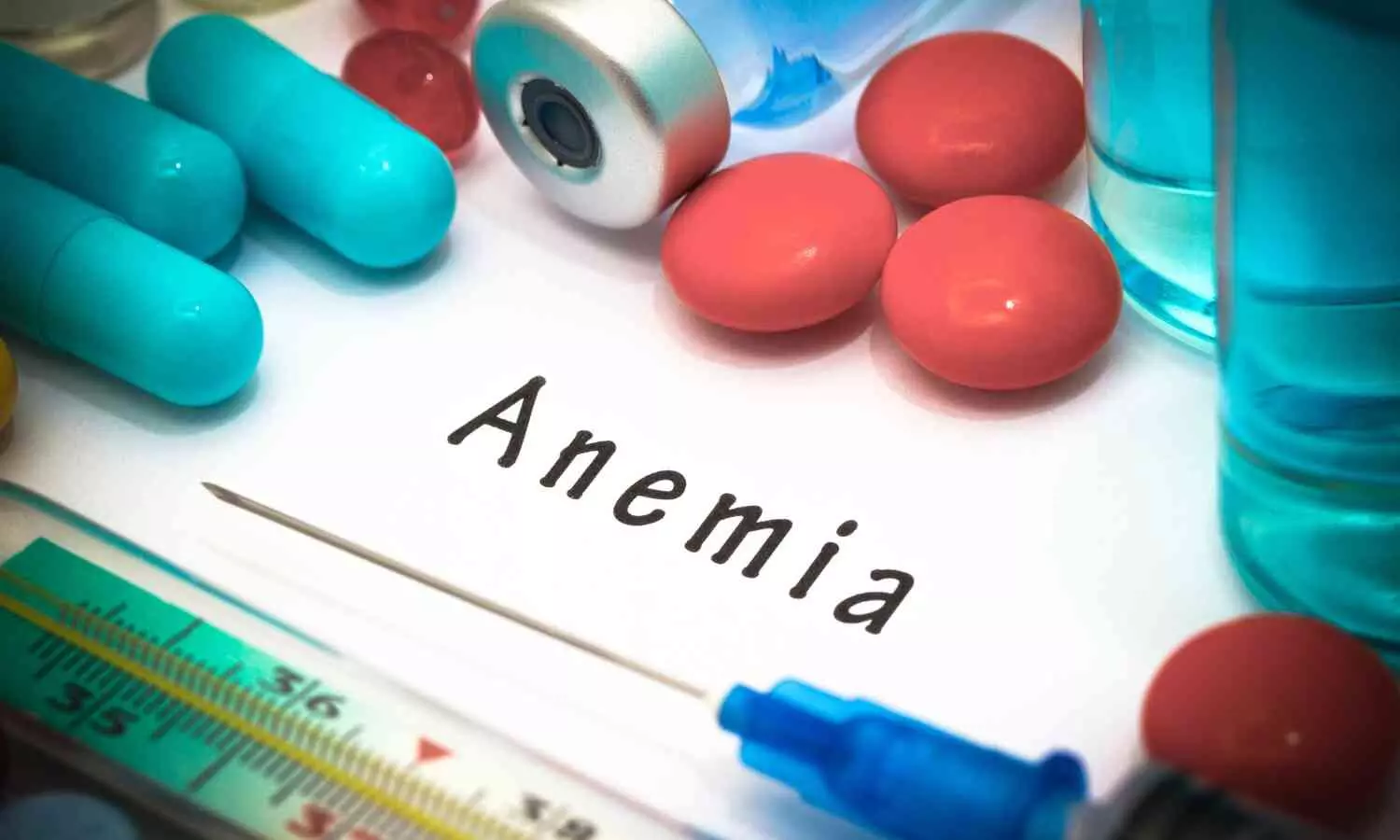Experts Link Rising Anaemia in India to Air Pollution and Vitamin B12 Deficiency

New Delhi: While anemia has long been associated with iron deficiency, experts have highlighted air pollution and vitamin B12 deficiency as significant contributors to its increasing prevalence in India.
Anaemia, a condition marked by insufficient hemoglobin levels, primarily affects women and children, leading to fatigue, weakness, and, in severe cases, impaired cognitive and motor development in children.
According to Dr. K Madan Gopal, a public health expert at the National Health Systems Resource Center, emerging research indicates that iron deficiency is not the sole cause of anemia in India. A recent Indian Council of Medical Research (ICMR) study, published in the European Journal of Clinical Nutrition, found that air pollution and vitamin B12 deficiency play a more substantial role in the condition's widespread occurrence.
Exposure to fine particulate matter (PM2.5) has been linked to systemic inflammation, which disrupts red blood cell production and survival, exacerbating anemia. “Improving air quality through local pollution monitoring and public education can significantly reduce inflammation-induced anemia,” Dr. Gopal noted.
Dr. Sabine Kapasi, advisor to the United Nations Covid-19 Task Force, emphasized that long-term exposure to PM2.5 can lower hemoglobin levels by 2-3% and increase anemia risk by 12-15%.
In addition to air pollution, vitamin B12 deficiency is another major factor. Predominantly vegetarian diets in India contribute to inadequate B12 intake, leading to megaloblastic anemia, which manifests as weakness, dizziness, and cognitive impairments. “Over 50% of Indians suffer from vitamin B12 deficiency due to poor dietary habits,” Dr. Kapasi stated.
Anaemia remains a pressing public health issue, with National Family Health Survey-5 (NFHS-5) data indicating that 57% of women of reproductive age and 67% of children aged 6-59 months are affected. The government's Anemia Mukt Bharat initiative focuses on iron and folic acid supplementation, food fortification, and improved primary healthcare delivery.
However, experts stress that tackling anemia requires grassroots involvement. Dr. Gopal advocated for empowering local health workers and community leaders to promote nutritional education and diversified diets.
Alongside iron supplementation, experts recommend early screening for B12 deficiency, fortifying staple foods like rice and wheat, raising nutrition awareness, and addressing environmental triggers such as air pollution to combat anemia effectively.


